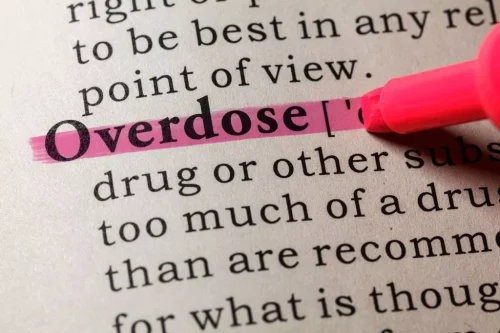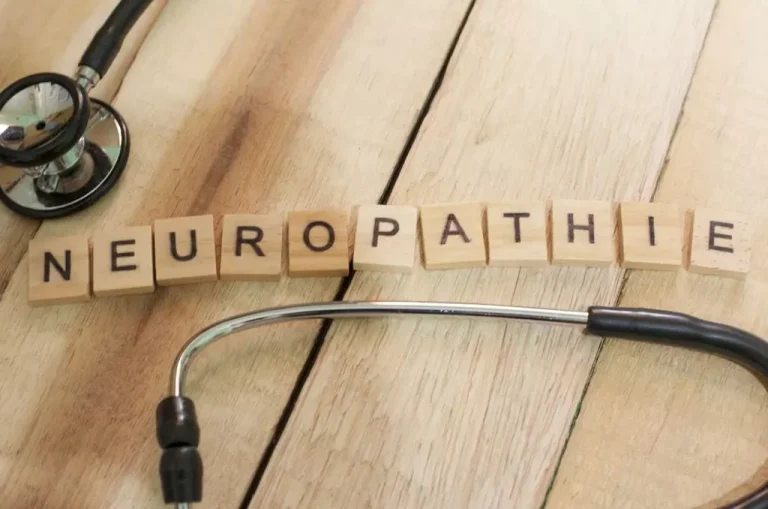Withdrawal ends when the brain relearns to function without opioids. But opioid withdrawal is so uncomfortable that many people are unable to stop using the drugs long enough to heal. Medicines that interact with methadone may either decrease its effect, affect how long it works, increase side effects, or have less of an effect when taken with methadone. An interaction between two medications does not always mean that you must stop taking one of the medications; however, sometimes it does. Speak to your doctor about how drug interactions should be managed.
Treatment for Methadone Withdrawal
Stigma39,40 is a powerful force in perpetuating negative attitudes toward opioid medication. It is at its most ferocious with respect to methadone, but similar issues influence attitudes about buprenorphine. Many patients and treatment professionals implicitly or openly view discontinuation as a desirable or necessary goal. It is not unusual for people with opioid use disorders to go on and off methadone over the course of several months or years. Detoxing from methadone is a great step, but it doesn’t mean that you’ve beaten your addiction. Proper treatment takes a multifaceted approach that combines medication management with psychotherapy and social support.
Methadone Addiction
- Many people require several months to safely stop or lower methadone without side effects.
- Relapse may not occur immediately but can happen weeks or months after using another intoxicant.
- Knowing the odds will help you understand the value of ongoing treatment.
- They are regularly used in medical detox programs as appropriate.
- When a person takes methadone regularly, their brain and body get used to certain amounts of the drug.
Taking steps toward recovery is admirable and will improve your long-term health. While withdrawal from any addictive substance may be difficult, the long-term benefits far outweigh the risks. Methadone withdrawal is difficult, so it’s best not to attempt to do it on your own. Let your doctor know any troubles you are having so that they can help treat https://ecosoberhouse.com/ your withdrawal symptoms if they arise. Support groups can connect you with others who understand what you’re going through. If you have withdrawal symptoms, tell your healthcare team right away.
- If a person then starts taking methadone again in the amounts they used to before, the body will no longer be able to metabolize it as quickly, and a toxic overdose can result.
- The drug is commonly used to treat opiate addictions, leading some users to trade one addiction for another.
- Always consult your healthcare provider to ensure the information displayed on this page applies to your personal circumstances.
- If you feel the need to manage withdrawal symptoms, talk to your healthcare team right away.
- It is not unusual for people with opioid use disorders to go on and off methadone over the course of several months or years.
Medical Professionals
Therefore it’s important to talk to your doctor about the right schedule for decreasing the amount tapering off methadone of methadone you take. Tapering off a methadone maintenance regimen is almost always safer than stopping “cold turkey.” However, no one should start a taper by themselves because of how complex the process can be. In this strategy, you attempt to dissolve a drug in water and take progressively smaller amounts daily to taper it slowly.
- While withdrawal from any addictive substance may be difficult, the long-term benefits far outweigh the risks.
- It’s often a very helpful and effective treatment for those who need it for this purpose.
- Otherwise, your tapering plan will depend on what kind of opioid you’re taking.
- These lingering psychological symptoms leave many people feeling uncomfortable in their own skin, dissatisfied with their decision to quit methadone, and frustrated about their lack of progress.
- Many studies have explored and compared methods for discontinuing buprenorphine.
- Despite its ability to assist opioid addicts in overcoming their affliction, methadone itself is an opioid, meaning it can be addictive and cause withdrawal symptoms.
The Recovery Village uses methadone and buprenorphine tapering as medically indicated to help you treat or avoid withdrawal symptoms. Our doctors and nurses are with you every step of the way to avoid withdrawal symptoms and overcome methadone addiction. Methadone is one of the gold-standard medications prescribed to prevent and treat opioid withdrawal symptoms. Some people may stay on methadone indefinitely if medically necessary.
How to Maintain Healthy Habits in Addiction Recovery
Tapering off methadone is sometimes more straightforward than tapering off other opioid pain medication. If someone needs to be tapered off other medications, like fentanyl or oxycodone, they are sometimes converted to methadone first to make the process easier. Buprenorphine is an alternative to methadone and is another gold-standard medication for opioid withdrawal. The drug comes in oral dosage forms like Suboxone, a combination medication with naloxone and injectable dosage forms like Sublocade.
- In the process of discussing the elements on this checklist, some conclude they are not prepared to discontinue their medication.
- Many addiction recovery centers prescribe methadone as part of a medication-assisted treatment (MAT) program to help people stop abusing prescription or illicit opioids.
- Once you have tapered down, you might want to find something more convenient, like a therapist in private practice or at a local community health clinic.
- For patients who may require more extensive or high-dose opioid use, or who have a history of opioid use, tapering (gradual reduction) is a vital part of the healing process.
- Although each specific treatment program varies tremendously, there are thousands of options available, meaning there is a good match for every patient.
Tips to Help You Through Opioid Tapering
Are physicians clear on how to train the counselors to discuss meds with their patients? Do either of groups have skills beyond instruction (e.g., “it is too risky to go off medication”) to help patients work through their resistance? These aforementioned areas are implementation issues, and far too little is spent understanding these barriers to effective care. Clinicians report that patients using alcohol and other drugs such as stimulants have less likelihood of success. Relapse may Halfway house not occur immediately but can happen weeks or months after using another intoxicant. There is surprisingly little research on the role of non-opioid substances in precipitating relapse to the primary drug of abuse.




